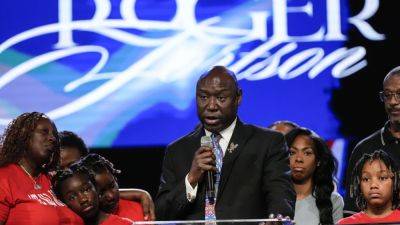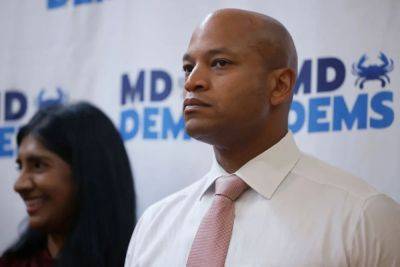In videos and podcasts, Poilievre and Trudeau are eager to explain themselves — at length
Nathaniel Erskine-Smith, the Liberal MP who made a name for himself as a backbencher with his own voice, posted a nine-minute video to YouTube this week about the federal government's carbon pricing policy.
It would be an exaggeration to say the video is setting the internet on fire. As of Friday afternoon, it had a grand total of 329 views. But it's enough to say that Erskine-Smith has contributed to the hottest new trend in Canadian politics: talking at length, and in some detail, online.
Videos like Erskine-Smith's weren't completely unheard of before now — the Liberals, for instance, released a seven-and-a-half minute video about their economic vision in 2014. And long-windedness in politics is hardly a new phenomenon. But Erskine-Smith's video follows the 15-minute video on housing that Conservative Leader Pierre Poilievre posted in December — a video that seemed like a novelty at the time.
The Liberals responded to Poilievre's video with a three-minute video of their own. Poilievre's Conservatives have since posted an eight-minute video about plastics and a 13-minute video about corporate concentration, and Poilievre has narrated two videos about public debt that each run more than 15 minutes.
Poilievre's fondness for data and number-heavy videos filled with charts and graphs and references to news reports seems to follow from a central theory of political communication he articulated several years ago. He's a politician who loves a snappy slogan (especially if it rhymes) but he also loves facts.
«All of us in politics these days make the mistake of focusing too much on getting the right lines. We say, well, we've got to have the right message,» he told me in an interview in 2014. «Actually, what people want are the







